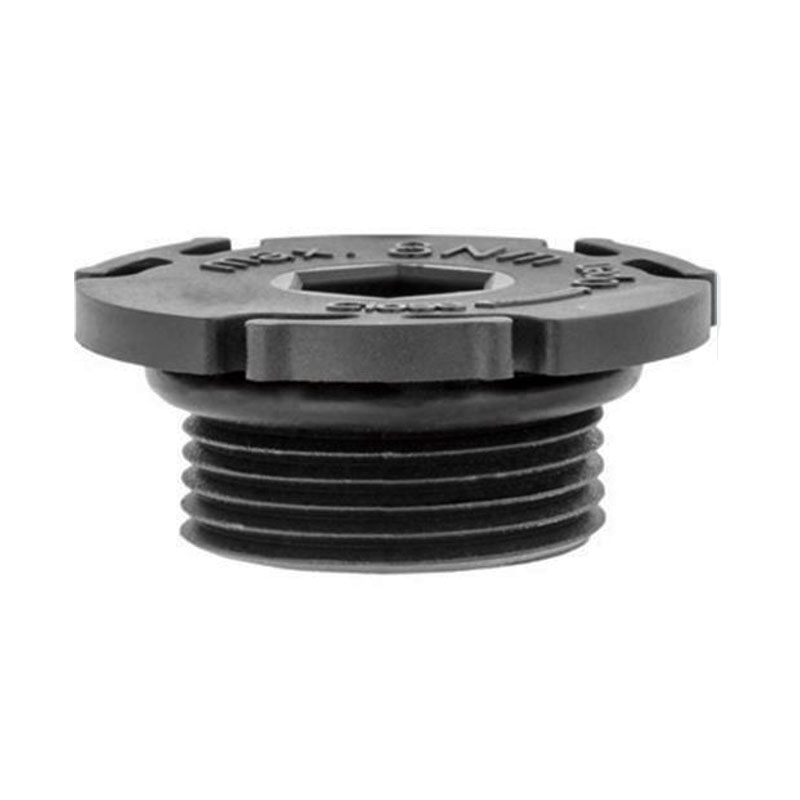Oil Filter Housing Gasket Replacement Guide for Enhanced Performance and Reliability
Understanding Gaskets for Oil Filter Housing
Gaskets play a crucial role in sealing components of various engines, and one of the most essential applications is in the oil filter housing. The oil filter housing is a critical component of an engine's lubrication system, designed to secure the oil filter and ensure that oil flows smoothly while maintaining proper pressure. Without an effective gasket, the integrity of the oil filter housing can be compromised, leading to leaks, contamination, and ultimately engine failure.
The Function of Gaskets
At its core, a gasket is a mechanical seal that fills the space between two or more mating surfaces to prevent leakage. Specifically for oil filter housings, the gasket acts as a barrier to separate engine oil from contaminants while ensuring that the oil reservoir remains sealed against external elements such as dirt and moisture. When maintained properly, the gasket facilitates optimal engine performance by preventing oil leaks that can lead to low oil pressure and inadequate lubrication of engine components.
Material Composition
Gaskets for oil filter housings are typically made from a variety of materials, each selected based on its ability to withstand high temperatures, pressure variations, and exposure to oil. Common materials include rubber, cork, silicone, and fiber composites. Rubber gaskets are popular due to their flexibility and resilience, while silicone gaskets can offer higher temperature resistance. In many cases, manufacturers will use a combination of materials to achieve the best performance under specific operating conditions.
Issues Related to Gasket Failure
gasket for oil filter housing

Over time, gaskets can degrade due to several factors, including exposure to heat, oil, and chemical compounds. A worn-out or damaged gasket may lead to oil leaks, which pose several risks. First, oil leaks can result in a drop in oil levels, potentially causing lubrication issues that lead to increased wear and tear on critical engine components. Second, oil dripping onto hot engine surfaces can create smoke, resulting in a fire hazard. Lastly, oil leaks can cause environmental issues as spilled oil may contaminate soil and water supplies.
Maintenance and Replacement
To prevent gasket failure and ensure the proper functioning of the oil filter housing, regular maintenance is essential. This includes routine oil changes, which not only help to keep the oil clean but also allow for a thorough inspection of gaskets and seals. If an oil leak is detected, a prompt assessment should be conducted to evaluate the condition of the gasket.
Replacing a damaged gasket often requires the removal of the oil filter. It's important to clean the mating surfaces thoroughly and apply a new gasket that is compatible with the specific engine type. The installation process must ensure that the gasket is positioned correctly to avoid any misalignment that could lead to further leaks.
Conclusion
Gaskets for oil filter housings may seem like a minor component, but their role in an engine's performance is substantial. By understanding their function, material properties, and maintenance needs, vehicle owners and mechanics can prevent costly repairs and ensure the longevity of the engine. Awareness of the signs of gasket failure can aid in early intervention, protecting both the engine and the surrounding environment from potential damage. Moving forward, continuing to prioritize the integrity of gaskets will contribute to more efficient and reliable engine operation, whether in everyday vehicles or high-performance machines.
-
Understanding the Front Main Engine Seal: Purpose, Maintenance, and Installation
News Jul.29,2025
-
Understanding O-Rings and Seal Rings: Types, Applications, and Custom Solutions
News Jul.29,2025
-
Understanding Crankshaft Oil Seals: Rear Seals, Pulley Seals, and Their Role in Engine Integrity
News Jul.29,2025
-
The Importance of Front and Rear Crankshaft Seals in Engine Performance and Oil Management
News Jul.29,2025
-
Crank Oil Seals: Functions, Types, and Cost Considerations in Engine Maintenance
News Jul.29,2025
-
A Comprehensive Guide to O-Rings and Seals: Types, Materials, and Global Applications
News Jul.29,2025
-
Mastering Diesel and Performance Engine Maintenance: A Guide to Critical Oil Gaskets
News Jul.28,2025
Products categories















